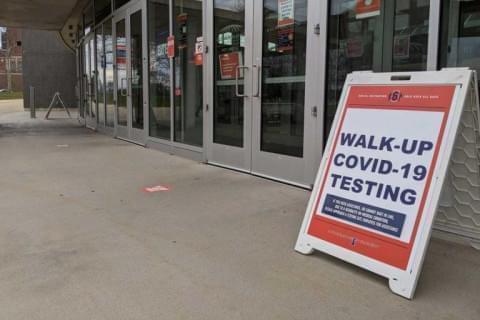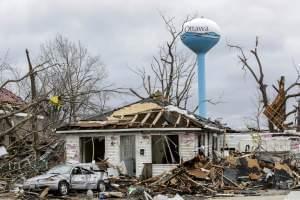
Easy To Remember (139)
This week on The Atomic Age Cocktail Party, It’s Easy to Remember; songs from the hi-fi era about memories and the act of remembering. We’ll hear from Eartha Kitt, The Four Freshmen, Frankie Laine, and many more.

This week on The Atomic Age Cocktail Party, It’s Easy to Remember; songs from the hi-fi era about memories and the act of remembering. We’ll hear from Eartha Kitt, The Four Freshmen, Frankie Laine, and many more.

Despite the loss of millions of people, mask mandates, and more, neuroscientists say we will forget the pandemic.

On The 21st: New research shows that leafy greens can help boost memory. And, it's been 23 years since Michael Jordan returned to basketball, what was it like to be a reporter covering the Jordan era? But first, what's with the crazy weather we've seen this year in Illinois?
Guests: Wenyi Zhang and Thomas J. Anastasio, Ph.D.
The process by which we form memories is known as consolidation: converting spare bits of information into a stable representation of events. But four University of Illinois faculty claim that this process does not only apply to individuals, but to social groups as well. This could imply the existence of collective retrograde amnesia—the loss of particular memories by an entire social group.
Guest: Elizabeth Loftus.
Recent studies have shown that it's possible to make people believe they have had experiences they didn't have. They can also be led to believe that these experiences were extremely traumatic—or they would have been, if they had happened. Today on Focus, we're joined by well-known memory researcher Elizabeth Loftus from the University of California at Irvine. We'll talk about her work and review some of the controversy over recovered memories.
Campbell Hall
300 N. Goodwin
Urbana, IL 61801
217-333-7300